Bihać
Bihać is a charming little town centered on the banks of Una River and the largest city of the green Bosanska Krajina region. The town is teeming with cafés that inevitably gravitate around the beautiful river. It is more than worth a visit to Bihać or any of the towns that live off these emerald waters.
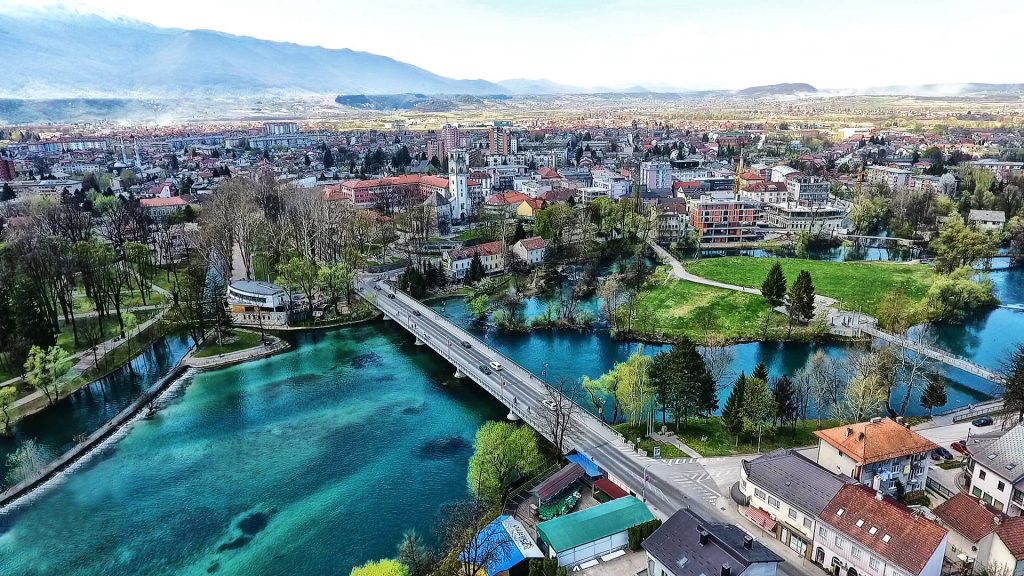
First mentioned in 1260 as the site of an abbey, it was occupied by the Turks and became part of Bosnia in 1878.This area of the country formed the boundary between the Ottomans and the Austro-Hungarians.
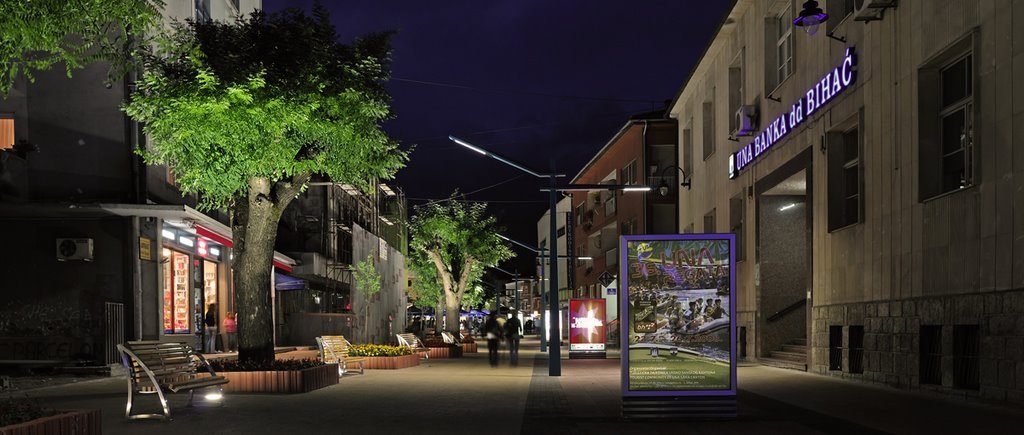
In central Bihać, a closely clumped church tower, turbe and 16th-century stone tower look very photogenic viewed through the trees across gushing rapids.
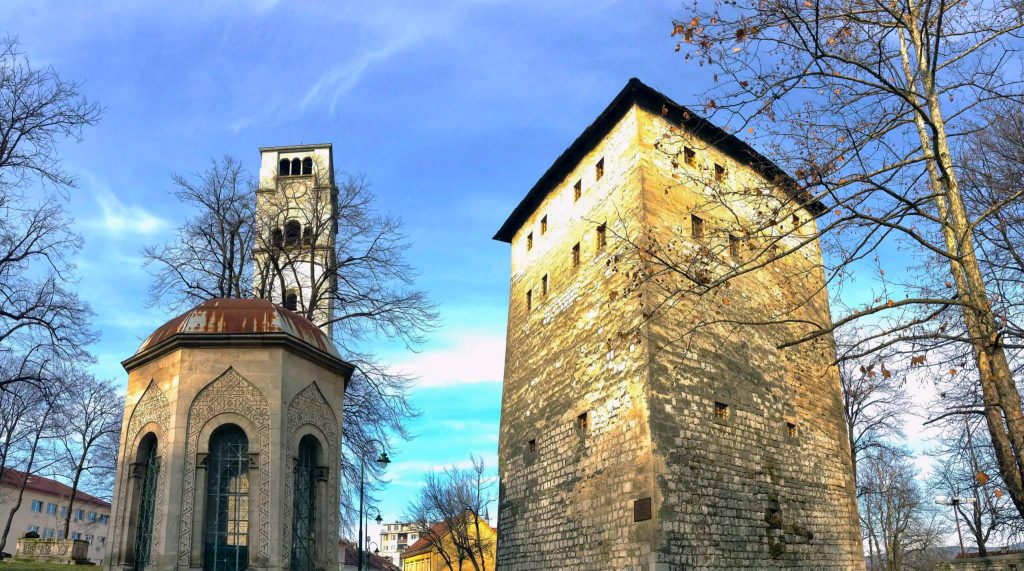
And sitting at one of the riverside cafe-restaurant-cafes is delightful on a summer morning.
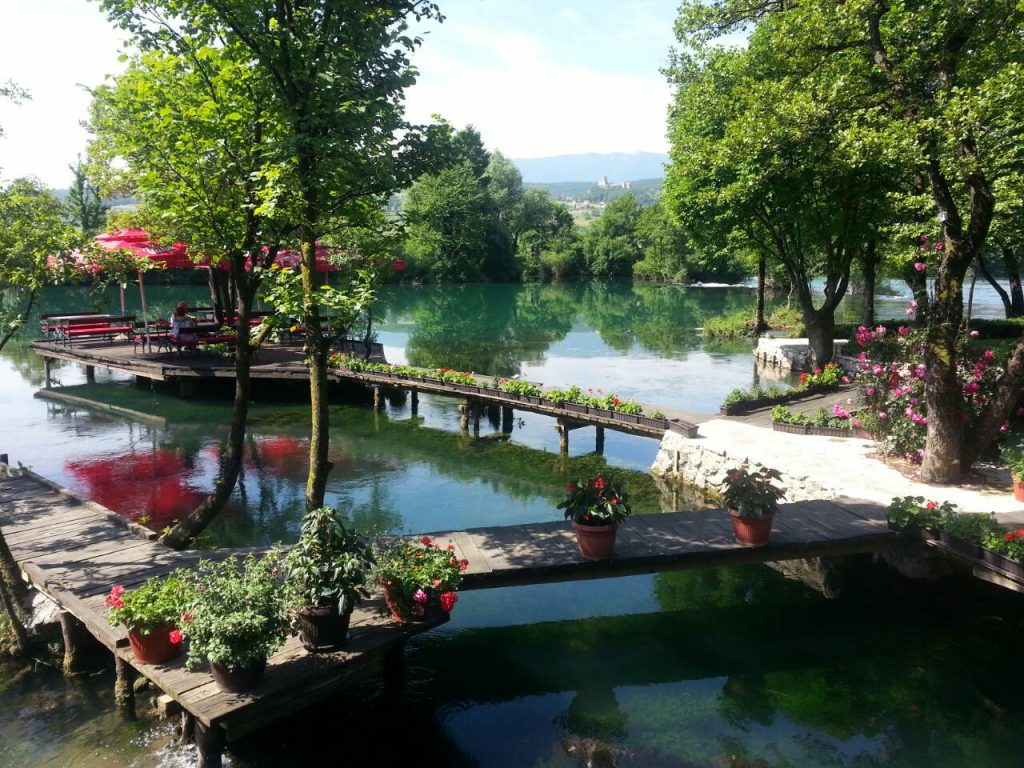
Visit the nearby Una National Park information office then head down the lovely Una Valley with its gorgeous tree-shaded rapids, mossy waterfalls and world-class rafting.
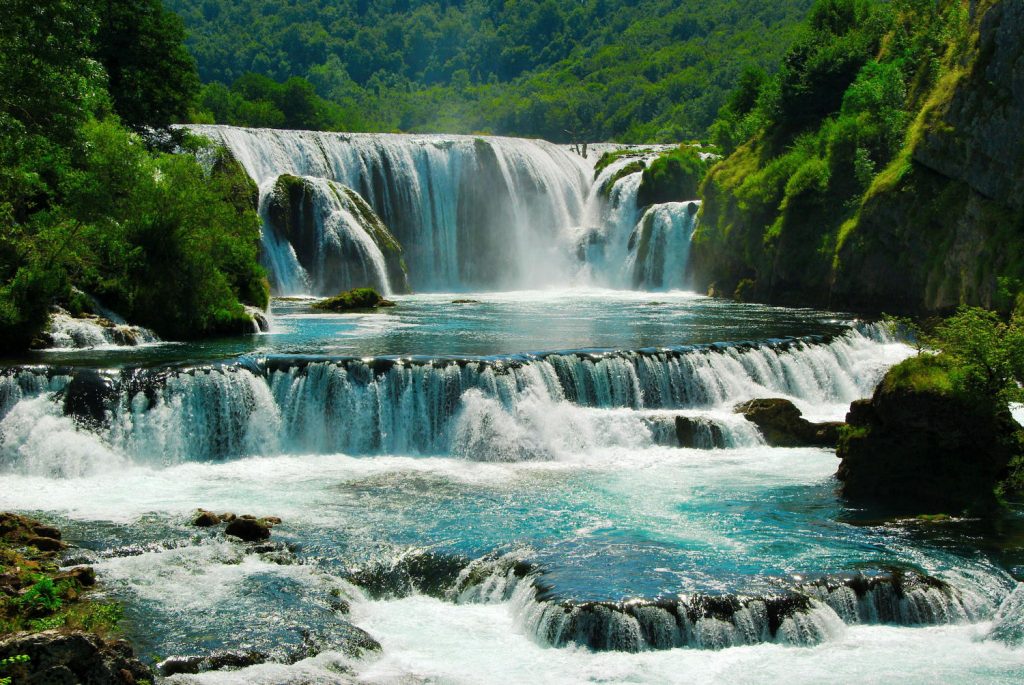
Otherwise, Bihać makes a staging post for reaching Croatia’s Plitvice Lakes, just 30km away.
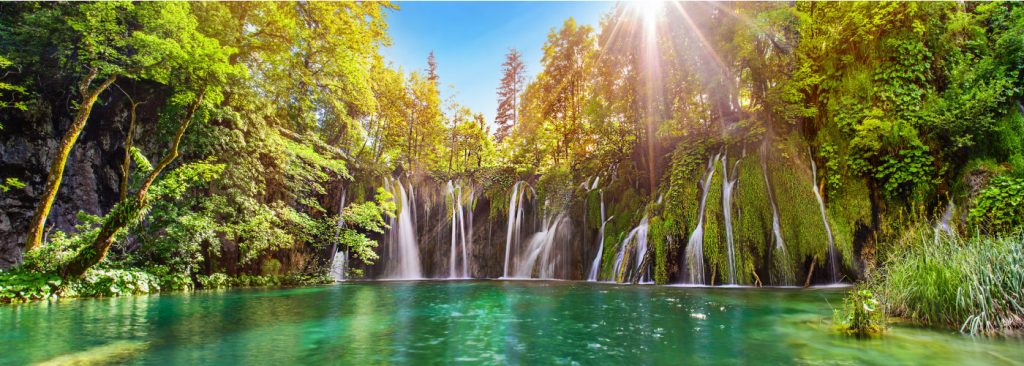
The contact between the West and the East is symbolically represented by the Mosque Fethija. The name Fethija in Turkish means conquered. Fethija Mosque was converted from a rose-windowed medieval church in 1595.
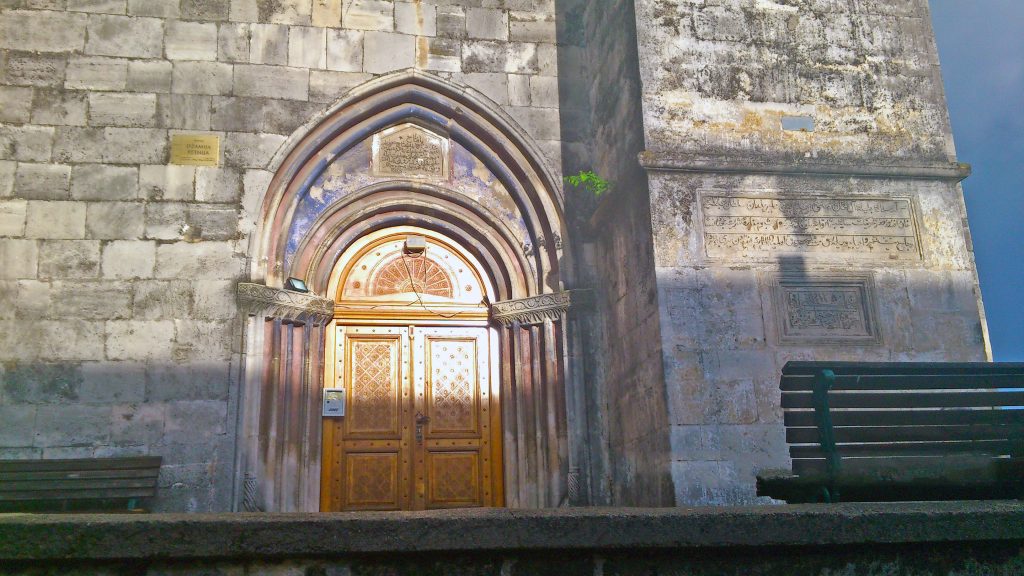
Ostrožac Castle is a castle located in the Una-Sana Canton just outside the town of Cazin, near the village of Ostrožac, just 17 kilometers from Bihac. It makes a worthy day trip while in Bihac. The castle dates back to the 16th century. A second addition was made to the castle between 1900 and 1906 by an unconfirmed member of the Habsburg family.
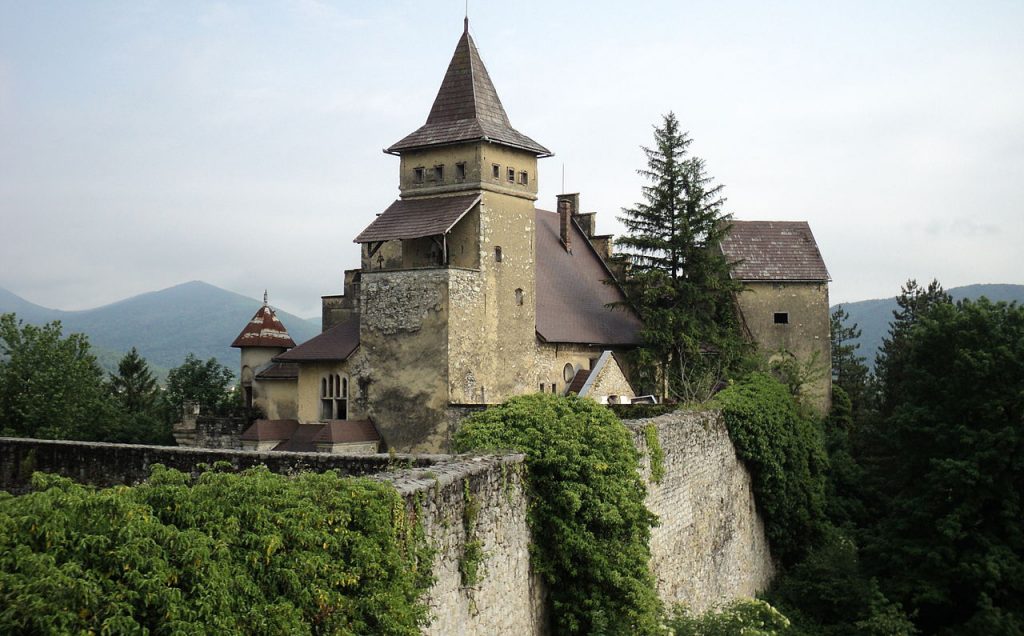
Bihac, a pearl on River Una…



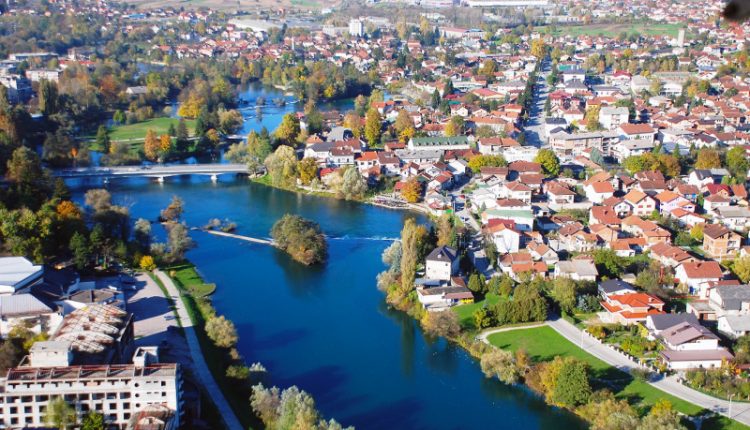
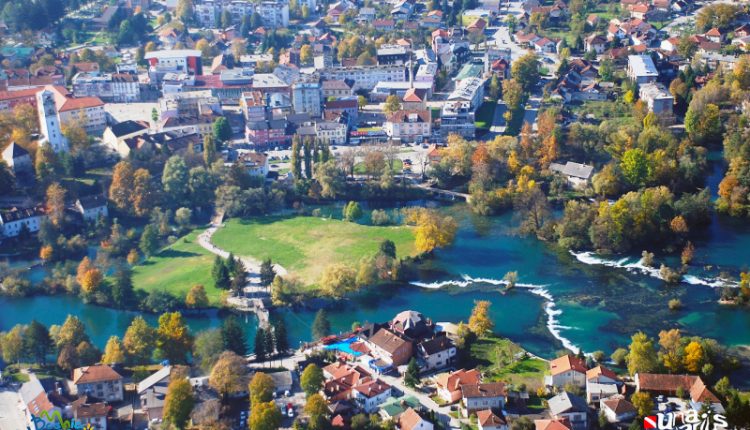
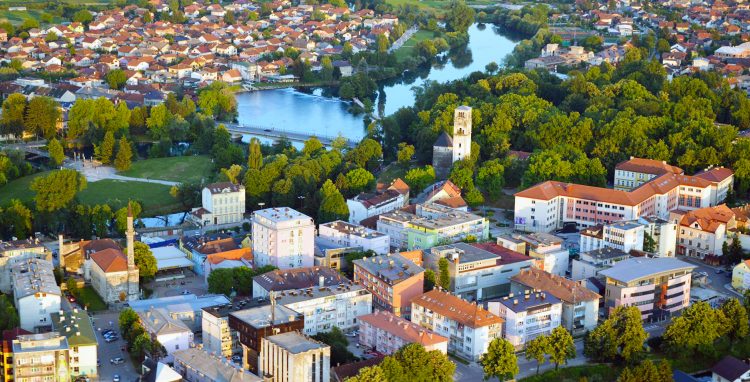
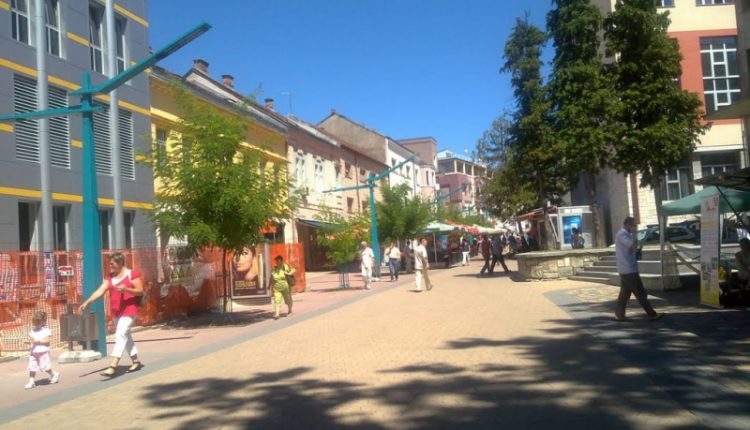
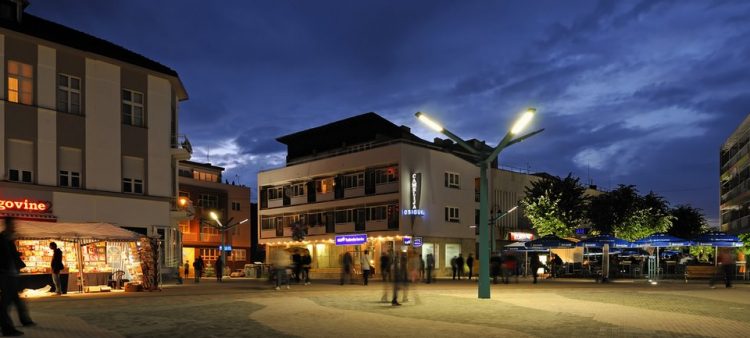
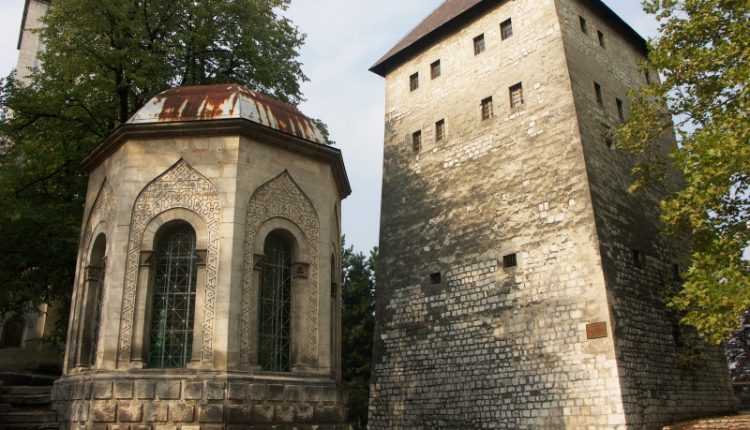
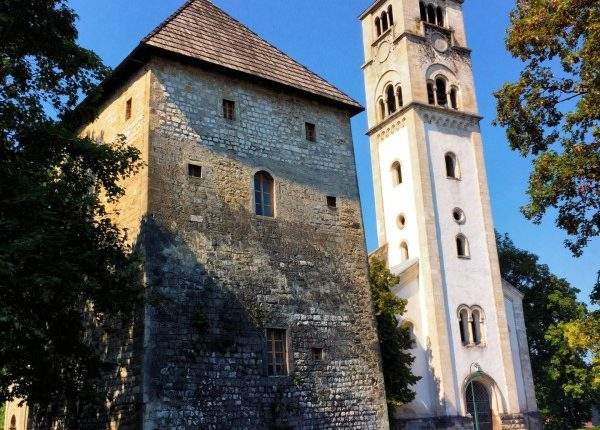
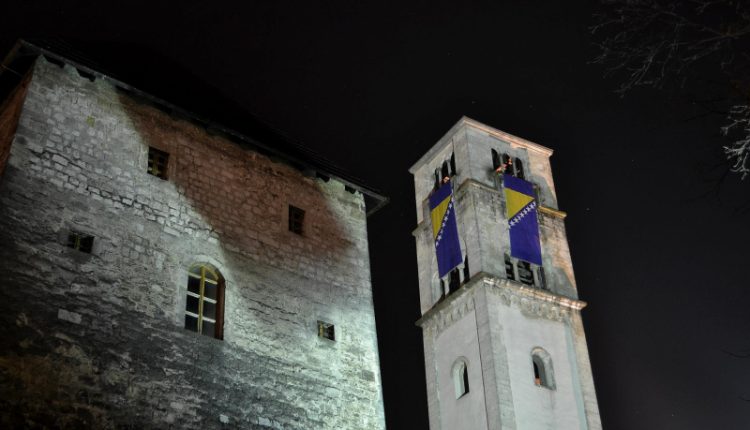
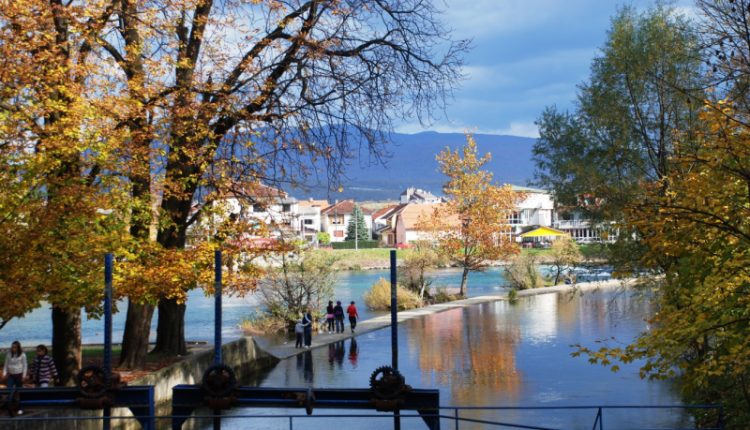
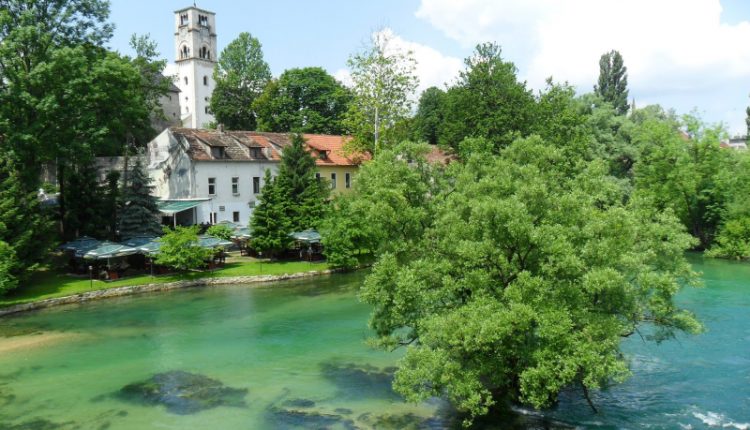
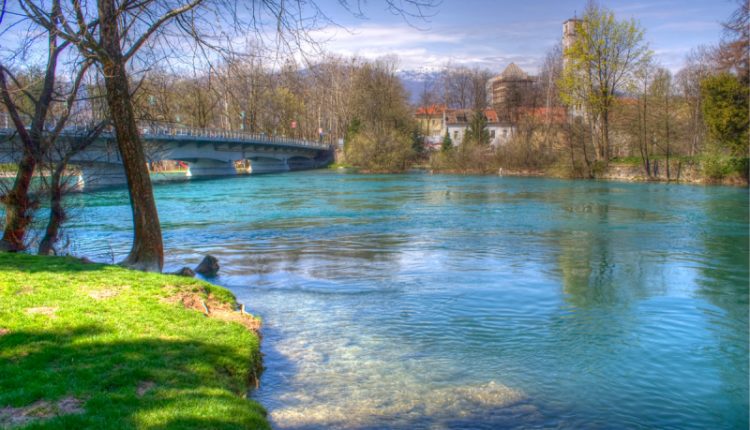
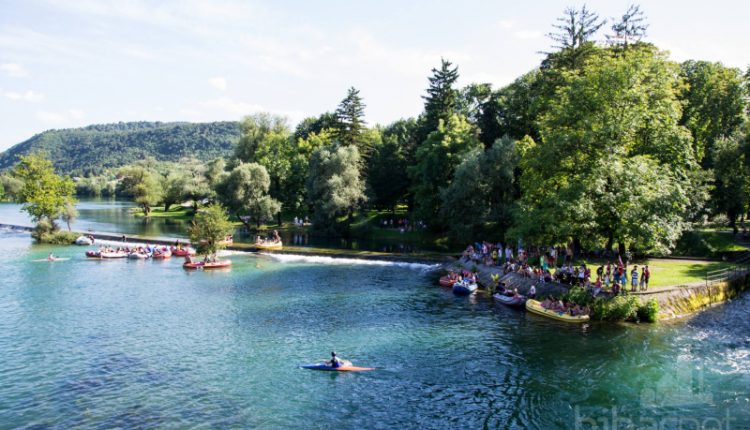
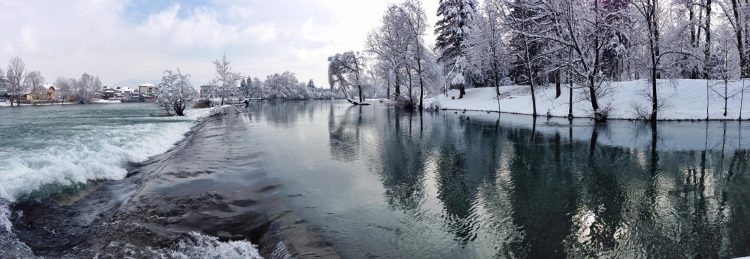
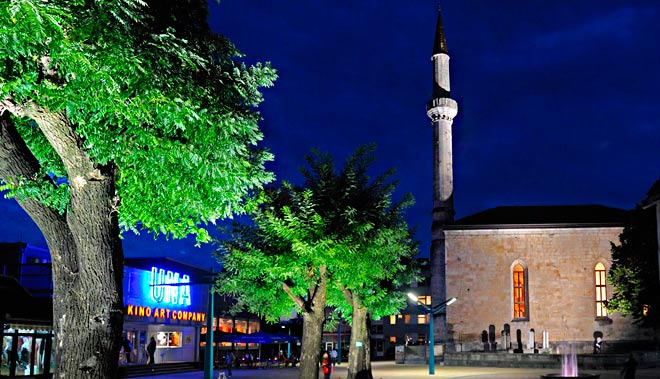
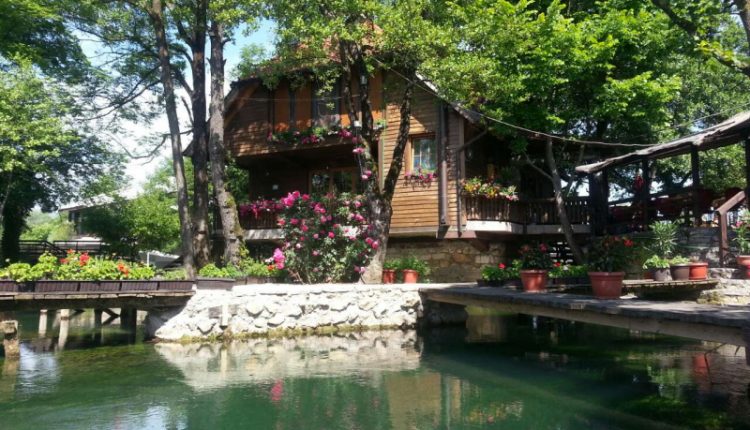
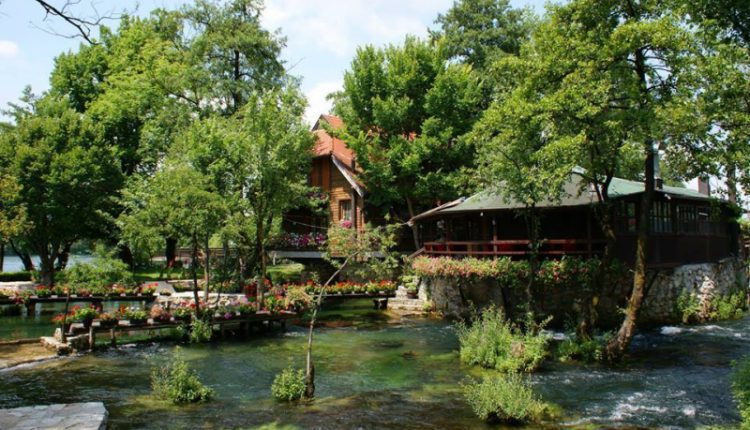
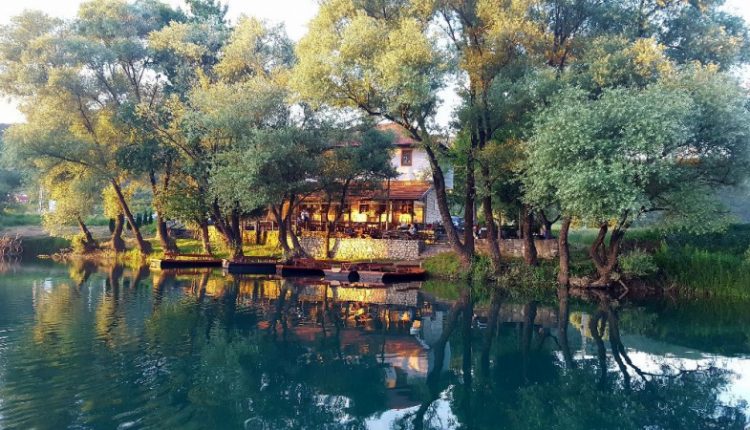
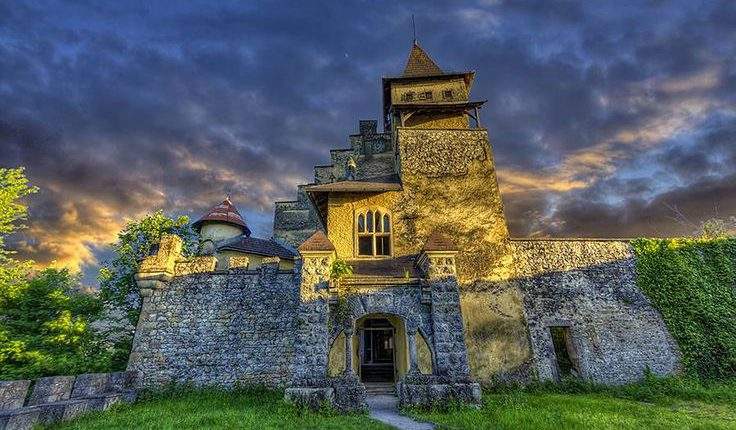
Comments are closed.